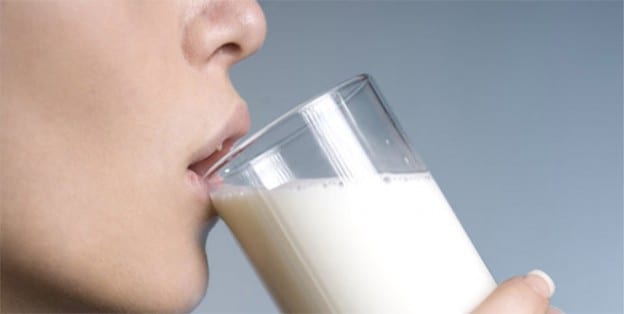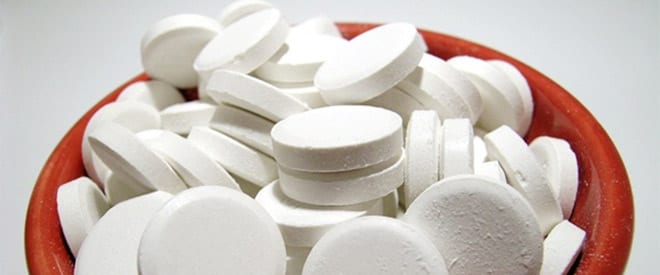
FOODGEN® genetic analysis, a test for reliability
FoodGen® FoodGen Biosalud is a genetic study that analyses the 20 genes related to the needs for vitamins, minerals, essential fatty acids, including the genetic intolerance to gluten and lactose.
Genes determine our nutritional requirements and FoodGen® takes care of personalising them.
Are dairy products bad for you?
Intolerance to milk and all dairy products is an increasingly common problem in Spain and the rest of Central Europe, occurring in 30%-50% of the population. The symptoms that we may experience are varied and can sometimes go unnoticed. Some of the most common symptoms are: gas and flatulence, cramps, stomach bloating, feeling unwell, tiredness, skin problems, nervousness,¦.. All these symptoms are caused by eating lactose-containing foods.
What is lactose and why can we be lactose intolerant?
Lactose is a sugar present in the milk of mammals and can be found in many of the foods we commonly consume.. It is important to know that it is not only milk that contains lactose, but there are many foods that have this sugar added in their preparation and that, therefore, can also produce the symptoms mentioned above. Foods such as cheese, yoghurts, ice cream, .... are some examples of products that contain lactose.
The human small intestine normally produces an enzyme that is responsible for digesting lactose. This enzyme is called Lactase and its role is essential to be able to absorb lactose correctly. To avoid any type of problem in our intestine, it is necessary that the levels of this enzyme are correct, otherwise we will be unable to digest foods with lactose and, therefore, we will suffer the consequences.
The lactose intolerance The most common type of intolerance is called Primary or Hereditary Lactose Intolerance. When we are born, lactase levels are at their highest and, as a result, we are able to digest breast milk without problems. However, lactase activity begins to decline as we get older.. This decrease is regulated by our genes and is usually inherited from our parents. We must bear in mind that it is a hereditary symptomIf one member of the family is intolerant, it is very likely that one of his or her parents or children will also be intolerant.
How do I know if I am lactose intolerant?
At Biosalud®, thanks to our extensive experience of more than 30 years in biological medicine, we have developed the FOODGEN® genetic analysis whereby thanks to a sample of cells from the mouth, we can tell within 3 weeks whether we are lactose and gluten intolerant.. It is important to bear in mind that as it is a genetic intolerance, it will not be corrected and therefore action must be taken.
What should I do if I am intolerant?
If you are lactose intolerant, there are several options available.

The main thing is reduce dairy consumption and lactose-containing products. The most drastic option would be to stop taking them, but in order to people who cannot live without the taste of a glass of milk or a piece of cheese may choose to take lactase tablets. before eating this type of food. This will help your intestine to digest them better and thus avoid possible health problems.
Lactase
Today the milk intolerance is very common in the adult population. It is estimated that 58% of the Spanish population is intolerant.And, most seriously of all, many of them still don't know it.

Lactose is the milk sugar, composed of glucose and galactose. Lactose can be found in the milk of all mammals, such as cows, sheep, goats….
Our body can only absorb simple sugars, so in order for the lactose present in milk to be absorbed, it must be broken down into the two sugars of which it is composed: galactose and glucose. In order to be able to carry out this splitting and subsequent absorption in the small intestine, an enzyme called lactase must come into play.
The problem of lactose intolerance lies in the deficit of this enzyme.which does not allow the absorption of lactose. There are several types of milk intolerance. The first is genetic and incurable, appears with increasing age, people produce no or less lactase than necessary.
As lactose cannot be absorbed in the small intestine, it passes into the large intestine unabsorbed or partially absorbed.. There, bacteria in the large intestine break down lactose and produce a multitude of symptoms: nausea, gas, bloating, acid diarrhoea, abdominal pain, tiredness, skin problems….
There is an intolerance that is not genetic and is temporary and curable, which occurs secondary to other pathologies. such as Crohn's syndrome, coeliac disease, milk protein intolerance, antibiotic use, malnutrition¦

